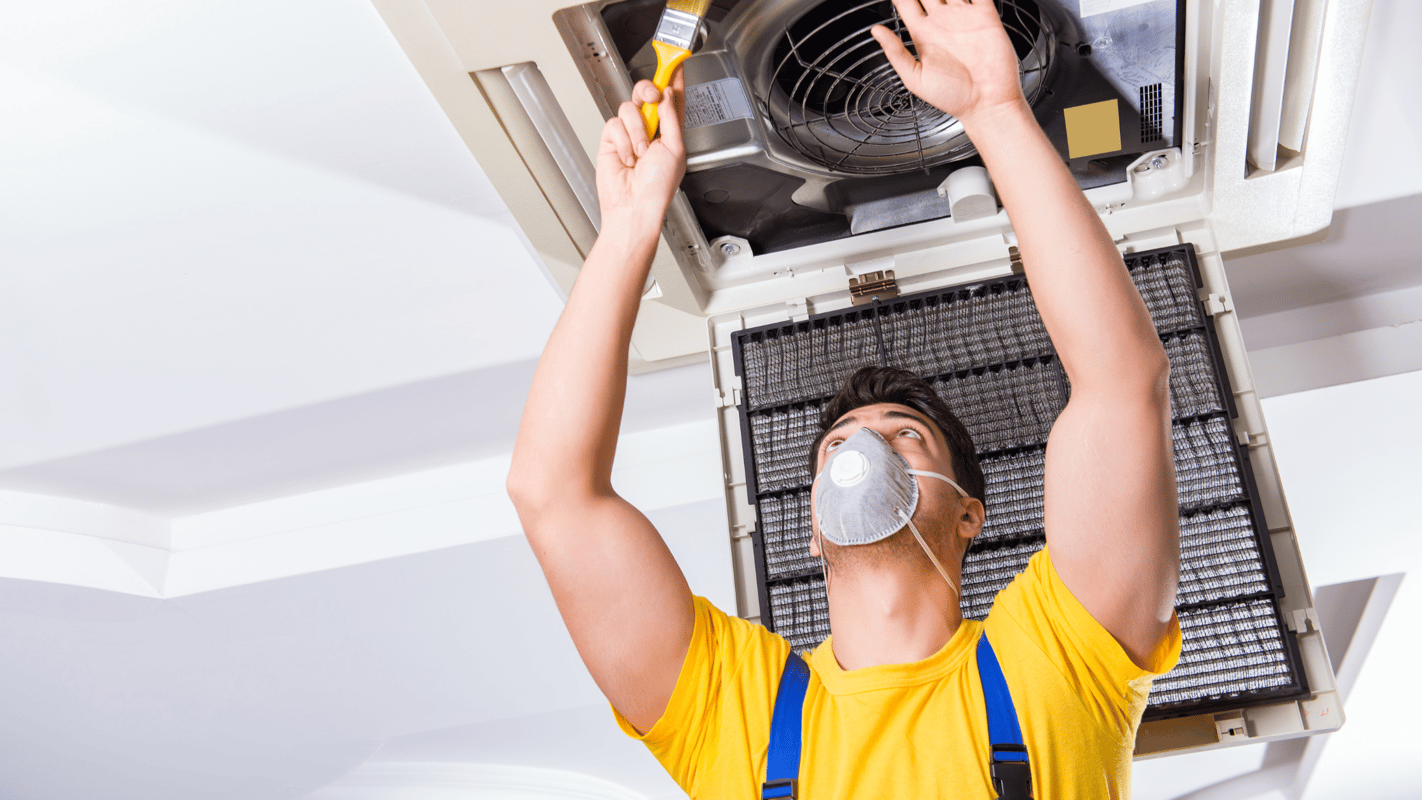How to Become a HVAC Technician in Idaho

What is a HVAC Technician?
HVAC (Heating, Ventilation, and Air Conditioning) technicians are responsible for installing, maintaining, and repairing heating, cooling, and ventilation systems in residential, commercial, and industrial buildings. Their primary duties include diagnosing and troubleshooting issues, performing preventive maintenance, and ensuring the efficient and safe operation of HVAC systems.
How Do I Get My HVAC Technician Certification?
To become a certified HVAC technician in Idaho, you must pass the NATE certification exam. This exam covers topics such as HVAC system design, installation, maintenance, and troubleshooting. Many HVAC training programs in Idaho will prepare you for this certification exam.
How Do I Get a Job as a HVAC Technician?
After completing your HVAC training and obtaining your certification, you can start applying for HVAC technician positions. Networking with local HVAC companies, attending job fairs, and utilizing online job boards can all be effective ways to find HVAC technician job opportunities in Idaho.
Career Paths and Opportunities after Becoming a HVAC Technician
With experience and additional training, HVAC technicians can advance their careers in various ways, such as:
- Becoming a lead or master technician
- Specializing in a particular HVAC system or technology
- Transitioning into HVAC system design or sales
- Starting their own HVAC contracting business
Final Thoughts
Becoming a HVAC technician in Idaho can be a rewarding and in-demand career path. By completing the necessary education and certification requirements, you can start a fulfilling career in the HVAC industry, with opportunities for growth and advancement. Remember to utilize resources like Dreambound to find the right HVAC training program for you.
If this article isn't quite hitting the mark for you, why not give these other articles a try:

Athena is Co-founder and CEO of Dreambound.



